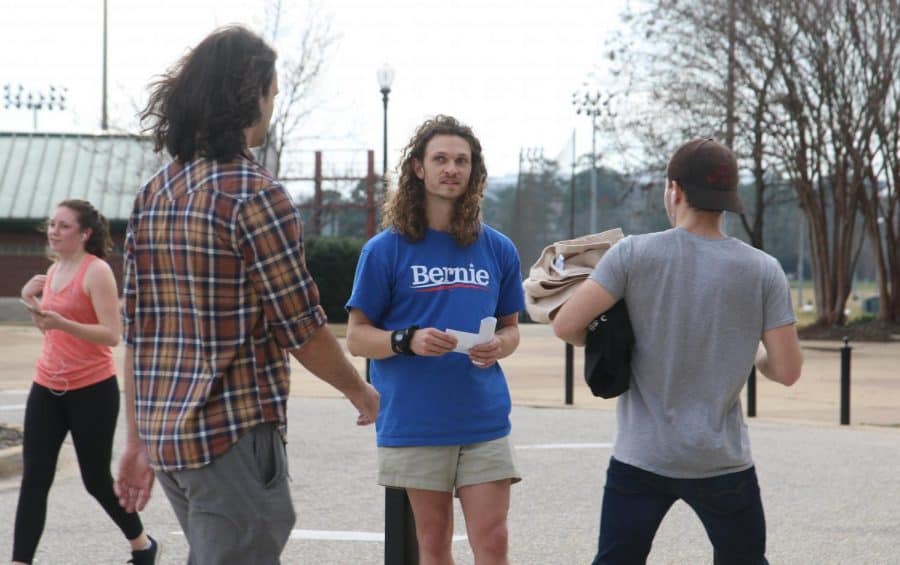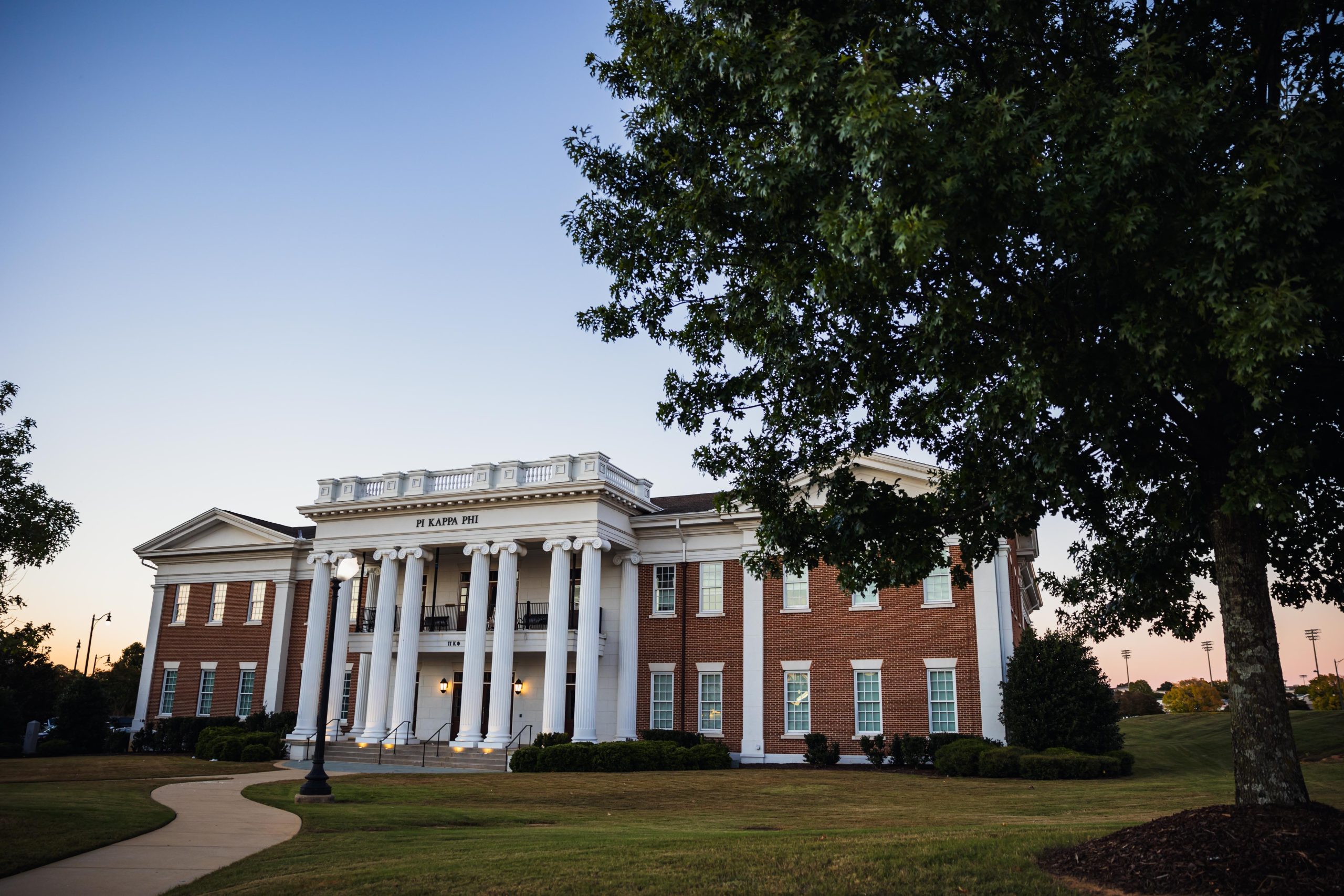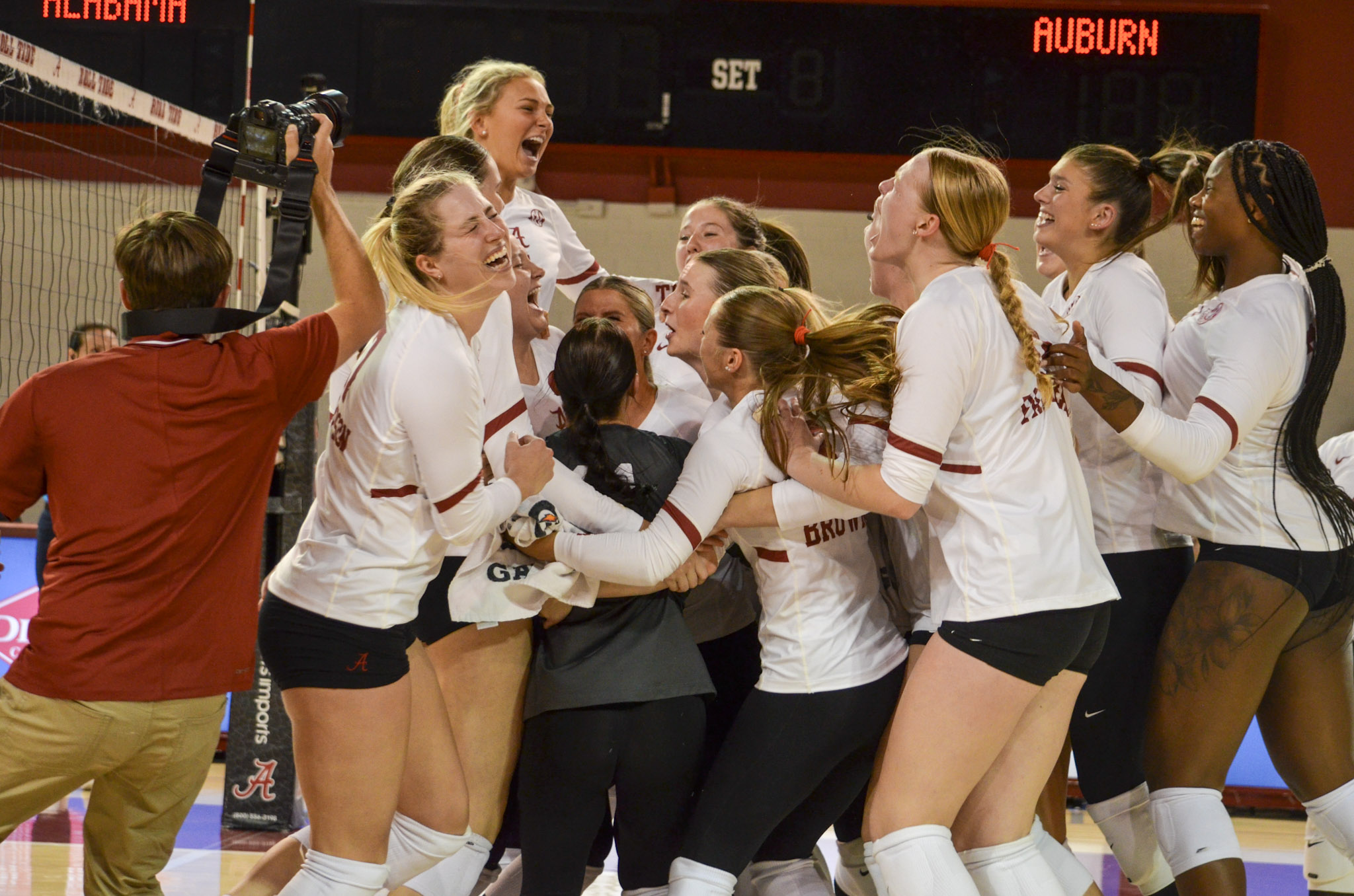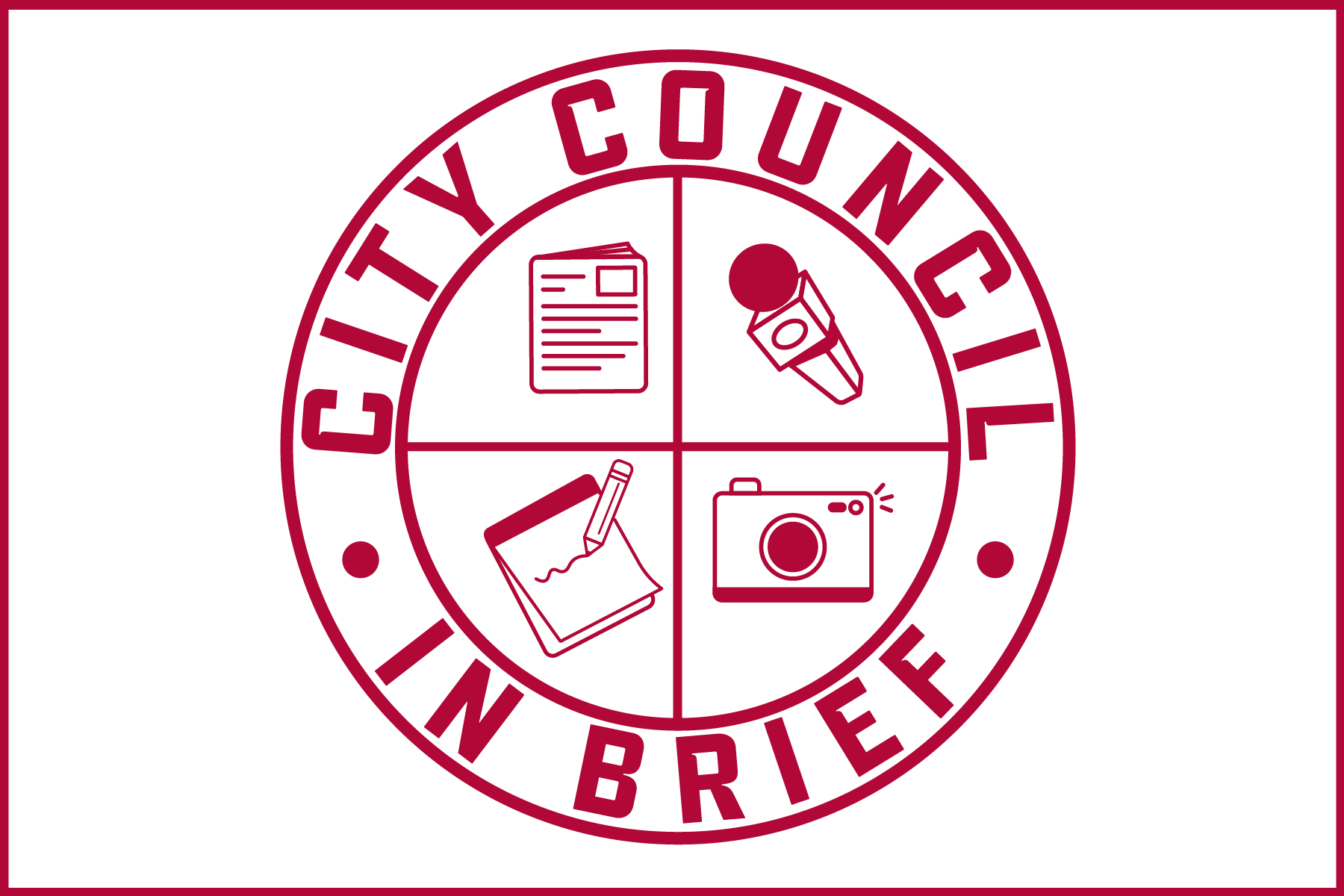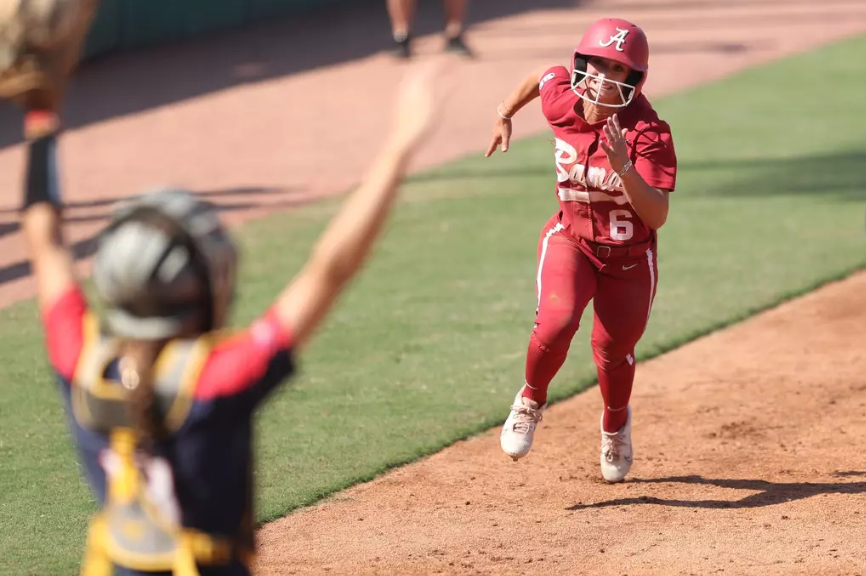Student organizers react to Super Tuesday results
March 5, 2020
On Tuesday, 14 states held their presidential primary elections. Now UA student organizers from across the political spectrum must adjust their expectations and make a plan to operate going forward after this jam-packed day of democracy.
Earning its name by holding the most presidential primaries in a single day, Super Tuesday has finally come for the 2020 election season. Before March 3, only Iowa, Nevada, South Carolina and New Hampshire voters were able to hit the polls, or caucuses in the case of the first two states listed, to cast a vote for their favorite of the seven remaining presidential candidates.
With Pete Buttigieg, Amy Klobuchar and Tom Steyer dropping out to endorse former vice president Joe Biden just days before Super Tuesday, Democratic voters had to decide between Mike Bloomberg, Elizabeth Warren, Bernie Sanders, Joe Biden and Tulsi Gabbard. Republicans voted to either send current president Donald Trump back to the general election or give newcomer Bill Weld a shot.
As of Wednesday afternoon, with 100% of precincts reporting, Joe Biden has won the state of Alabama with 63% of the vote. Biden won each and every county in Alabama, with 60% of the votes in Tuscaloosa County. Coming in second for the state with 16% of the votes is Bernie Sanders, and finally Mike Bloomberg in third with 11%. These are the only candidates making it out of Alabama, with 40, 7 and 1 delegates available for each candidate, respectively.
Biden also saw wins in Arkansas, Massachusetts, Minnesota, North Carolina, Oklahoma, Tennessee, Texas and Virginia. With 98% of precincts reporting, Biden also has a narrow lead over Sanders in Maine, a state that Sanders won handily in 2016.
Following big losses in all but the U.S. territory of American Samoa, Mike Bloomberg announced early Wednesday morning that he would be dropping out of the race. Bloomberg had spent over half a billion dollars throughout his campaign and will endorse Biden.
As student support groups around campus have formed for almost every candidate, some participants have chosen to jump ship as their previous picks have suspended their campaigns.
Pearce Barringer, a masters student in the communications program at the University, was one of those people.
“I was a fan of [former Alaskan senator] Mike Gravel for the first few months of 2019,” Barringer said. “I really cared about his positions against American imperialism and his history of fighting against it. Mike was technically running for president, but his big goal was getting on a debate stage to bring to light the issues he saw in America. After he had reached the donations threshold though, he still wasn’t allowed to debate. That was kind of the end for his campaign. So I guess the reason I went 100% in on Bernie was because I thought he was progressives’ best bet of getting on stage, getting on ballots, getting votes and, eventually, getting it all done in the White House.”
Others, like Sam Badger, have stuck with their original choice through it all. Badger, a freshman studying political science and economics, has been a campus corps leader for Bernie Sanders since last summer. As one of the four founders of “UA for Bernie” and a Sanders supporter since 2016, Badger was recently made president of the group. Badger also ran to be a Sanders delegate in Alabama’s 7th congressional district, which was a vote included on the Super Tuesday ballot. Badger did not secure the vote and will not be attending the Democratic National Convention in July to cast a vote for the Democratic nominee.
But before Super Tuesday came around, Badger gave his insight as to what he thought the day might bring.
“I’m hopeful,” Badger said. “I think we’re gonna lose Alabama in a similar way to South Carolina, but we could win Tuscaloosa.”
Despite the possibility of a fall in Alabama, Badger didn’t want to count Sanders out by any means.
“Overall, I think Bernie is gonna have a good night,” Badger said on Monday night.
Following the fall of a handful of Democratic candidates in the last week alone, Badger predicted what this might do to Sanders’s base.
“The jury’s out on that one,” Badger said. “People vote on less ideological lines in the primary than you might think. For example, most Biden supporters have Sanders as their second choice, which doesn’t make sense if it was based on ideology … In reality, Warren still being in the race hurts us way more than any of the moderates dropping out.”
In an informal exit poll that surveyed 38 voters at the UA Recreation Center, some voters said they made a party switch since the last presidential election in 2016.
There were those who had voted for President Trump back to back, but then some who have endorsed Biden this time around. Other Biden voters were once Hillary supporters.
From the sample size of just 38 that shared who they voted for, none had spoken of Democrat Mike Bloomberg or Republican Bill Weld; however, a handful did decline to comment.
Hunter Jensen, a freshman majoring in political science, was excited by Biden’s success but realizes that the fight is nowhere near over.
“I think Biden’s next step will be to unite the Democratic Party,” Jensen said. “Biden needs to energize the younger demographic. Students are some of the driving forces in elections, and if he can win over younger voters, he will be solid.”
What speaks to Jensen most is Biden’s electability.
“I believe Biden has a good shot at winning the general election,” Jensen said. “Trump’s biggest stronghold has been the economy, and with the [fall of the market due to coronavirus] unfolding on Wall Street right now, Biden definitely has an advantage.”
Although Tuesday did not bring the results Badger and the Sanders camp hoped for, despite a big win in California amongst other smaller states, it is nowhere near over for them.
“We didn’t have the night we wanted last night, but a few things happened that look good for us,” Badger said. “The race is now clearly Bernie vs. Biden, and polls have shown so far that Bernie wins in such a head-to-head. With Biden coming back into the spotlight on the debate stage, I’m confident we’re going to see plenty more of his famous gaffes. As for what states I’m feeling confident about, obviously the West coast will swing hard for Bernie. I’m hopeful for Michigan, Wisconsin and, fingers crossed, Pennsylvania. New York will be the big question. It’s a closed primary there, which is traditionally worse for Bernie, but as we saw in California yesterday, it’s a barrier grassroots organizing can overcome.”
As for the UA for Bernie group, Badger wants to see it taken to the next level.
“The next step for UA for Bernie is getting SOURCE recognition,” Badger said. “Outrageously, we’ve had our applications denied the entire year. We may do a possible rebranding as an ‘Our Revolution’ club, which is a grassroots left-wing organizing group founded by Bernie after 2016.”
This rebranding would allow Badger and his peers to still push for key policy points, such as medicare for all and student debt forgiveness, even if Sanders does not pull the 2020 Democratic nomination.
Lauren Baldwin, a junior majoring in political science, is a founding member of the UA Students for Trump club that is trying to get its start on campus.
“The goal is to give a voice to students who support Trump’s policies and encourage people to register to vote for the election,” Baldwin said.
As Baldwin advocates for Trump and his supporters, she also looks to the results of the Democratic primaries that will determine one of the four major candidates that Trump will face in November.
“I think Biden is probably the largest threat to Trump, but I also don’t think he’ll end up defeating Trump primarily because of the current state of the economy and Trump’s strong base,” Baldwin said.
As more states host their primary elections in the near months, The Crimson White will continue to report on student involvement as it pertains to the remaining candidates.



